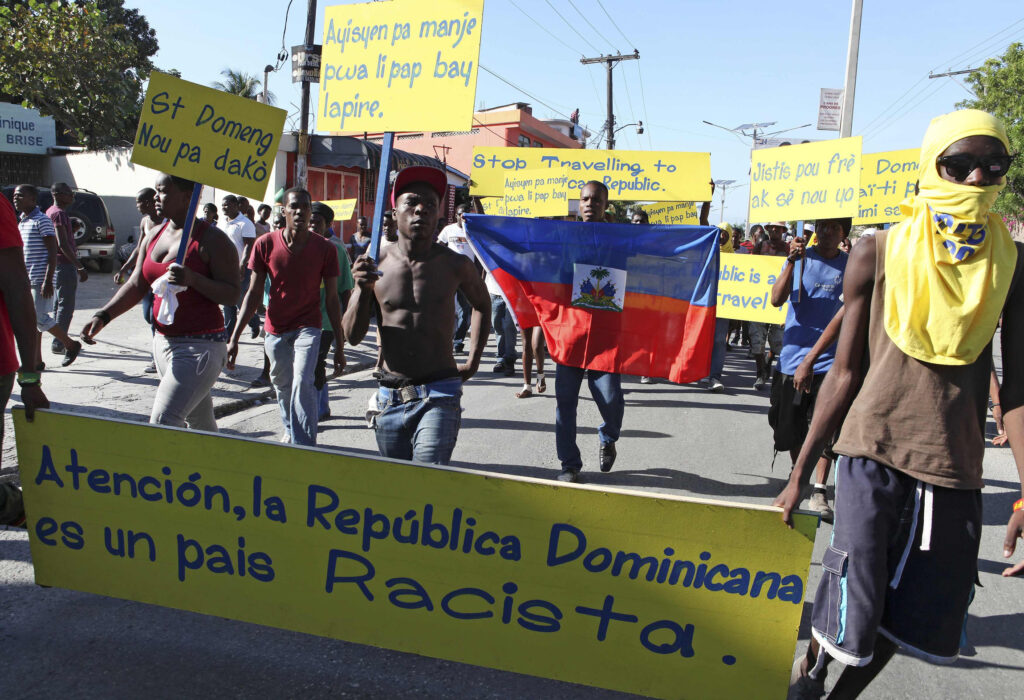Haiti’s Foreign Minister Dominique Dupuy has vehemently criticized the Dominican Republic’s newly announced policy to deport tens of thousands of migrants back to Haiti, where rampant gang violence has created a severe humanitarian crisis. “The brutal scenes of roundups and deportations that we are witnessing are an affront to human dignity,” Dupuy stated on X, emphasizing that these “dehumanizing acts” warrant strong condemnation and a demand for respect and justice.
Last week, the Dominican Republic revealed plans to deport up to 10,000 migrants per week who are residing illegally in the country, significantly increasing the pace of deportations. While the Dominican government did not specify Haitians in its announcement, it is widely understood that nationals from Haiti constitute the vast majority of those affected. The Dominican authorities have attributed rising crime and security concerns at home to the chaotic situation in Haiti, expressing frustration over the slow progress of an international security mission aimed at stabilizing the crisis.
In light of the escalating deportations, the United Nations has called upon regional countries to halt the forced return of Haitians to conditions that are deemed dangerous. If the Dominican Republic’s deportation target is reached, as many as 520,000 Haitians could be returned over the year—more than double the over 200,000 deported last year. Reports indicate that over 4,900 Haitians were deported in the first week of October alone, according to an unnamed Dominican official.
Dupuy argued that the Dominican policy violates international human rights standards and noted that she had informed relevant international bodies of the situation. Her remarks followed the circulation of unverified social media footage that appeared to depict a crowd fleeing from Dominican officials on a highway near Punta Cana, a popular tourist destination. Additionally, Dominican media reported that the highway was the site of protests by Haitian construction workers seeking work permits to avoid deportation.
As the situation unfolds, the Dominican Republic’s migration agency has not yet responded to requests for comment regarding the policy or the ongoing protests.



